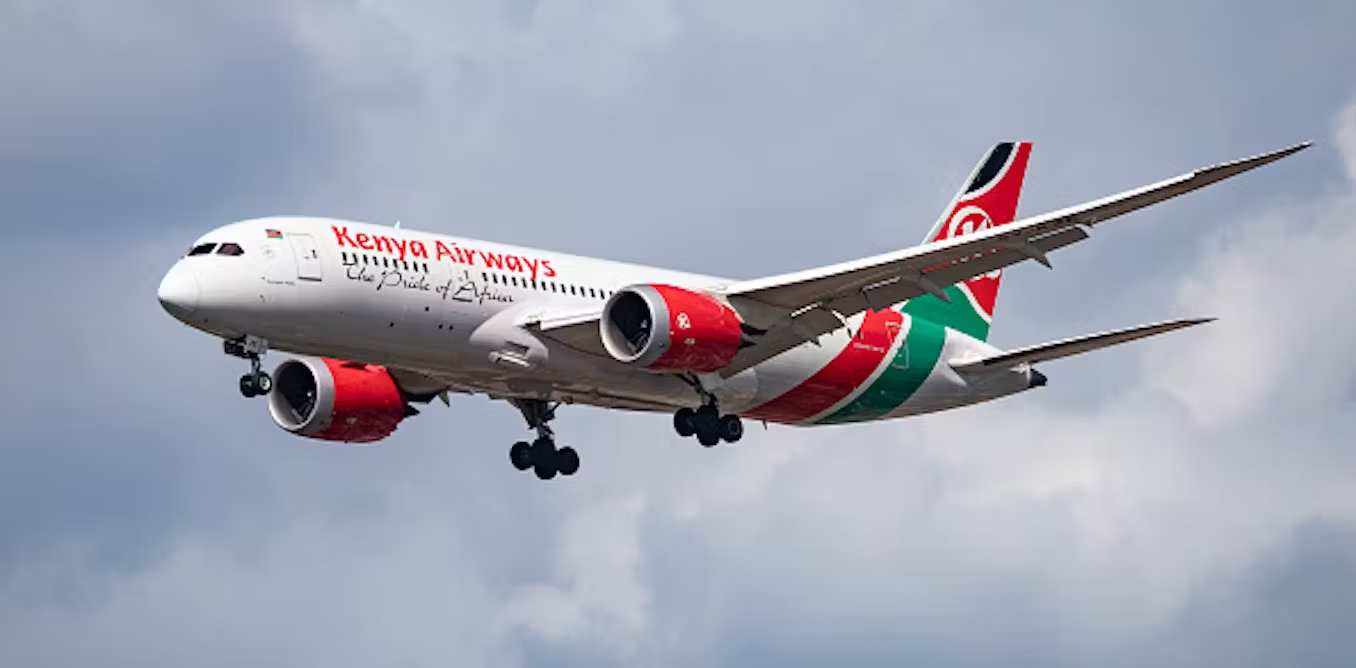Kenya Airways [KQ] has commenced training sessions for its cabin crew, aiming to replace the current staff provided under the Airbus wet lease agreement.
With a target of training 60 cabin crew members, KQ has already commenced training for 30 personnel, with specialised trainers deployed for the task.
To facilitate this transition, KQ intends to shift the terms of the lease from wet to damp, accommodating the necessary personnel adjustments.
In a damp lease arrangement, the lessor provides the aircraft, flight crew, and maintenance, while the lessee assumes responsibility for cabin crew provision, a model sometimes referred to as a moist lease.
Language barriers and divergent customer service approaches within the cabin have led to service disruptions, prompting KQ’s decision to take proactive measures.
“The differing customer approach and language barriers necessitate our direct intervention through crew training,” remarked a KQ spokesperson regarding the initiative.
Business Day Africa has also established that customer dissatisfaction also, particularly in the premium class, has prompted KQ to consider aircraft replacement.
Business class travelers have voiced concerns about seat functionality, citing issues with reclining mechanisms impeding comfort during flights.
Despite primarily operating Boeing and Embraer aircraft, KQ acknowledges the need for Airbus standards training due to its recent lease of an A330 aircraft.
The A330, leased to bolster capacity during peak seasons last December, will continue in service as KQ’s Boeing 787 remains grounded due to spare part unavailability.
KQ entered a short-term wet lease agreement with Hi Fly, a prominent lease and charter specialist airline, to mitigate operational disruptions caused by spare part shortages.
Under the ACMI [Aircraft, Crew, Maintenance, and Insurance] lease structure, the lessor provides the aircraft and crew, ensuring continuity of operations.
The Airbus A330 offers seating for 299 passengers, including 24 in business class and 275 in economy class.
Source: Business Day Africa [Nairobi]
